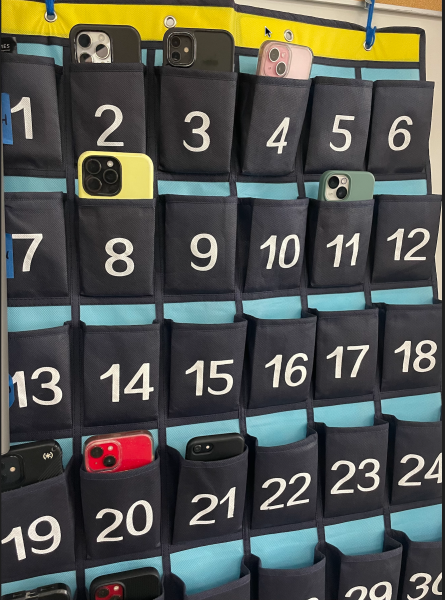Impacts of Teaching History

Beginning in early 2015, people across the country began to actively claim their opinions about whether the United States history taught in schools focuses only on the heinous parts of history and promotes small amounts of American exceptionalism and patriotism. Community members in school districts across the country began calling for drastic reform regarding the AP United States history curriculum.
Today in 2017, the nation continues to remain split over the conflict over what and some even going as far as if students in school need to continue learning about history. I believe we do.
History needs to be taught to younger generations more than ever because of the rapid changes in societies throughout the world. History provides youth the ability to hone in on their critical thinking skills, establish a distinct identity for themselves, and provide a means to learn about topics in order to fully understand their own country, as well as other countries in the world.
Critical thinking skills and topics learned in Social Studies overlap with other core and elective courses thus nourishing deeper connections between subjects. Some argue that critical thinking can be taught in any other core class, but history allows for students to combine the close reading learned in English, the reality of events occurring in Math, and the ability to rationalize the meaning of events as learned in Science.
Mr. Mike Carr, a United States history teacher for 11th grade, contends that “critical thinking is crucial to being a productive person and citizen in life.” By combining all of the skills learned from each class, youth can interpret historic events and apply their lessons to modern-day life.
Through the nourishing environment of school, children build up a unique identity with the help of teachers, staff, and their families. Learning about the different events from the beginning of time to current events shapes their identities and ideologies. Mr. Peter Hartman, a 9th grade Geography and 12th grade Government teacher, believes that “History is our story as humankind…the explanation of who we are and how we got here, with countless inspiring stories along the way.”
As Hartman implies, the study of history develops student’s identity because they learn about events that greatly impact them, either in a positive or negative way, to become who they truly believe themselves to be. Students who all study one specific event or person each takes away a different interpretation and idea that helps them form their own opinions and thus their own identity.
Understanding people and events from the past and present allow youth to develop into well-informed citizens. In the controversy about the curriculum of AP US History classes back in 2015, the biggest argument that the communities claimed was that classes only focuses on the dark highlights of American history, but in reality, APUSH teaches all aspects of American history.
People tend to remember and take away more from the “darker” parts of history. Without teaching all aspects of history, including the negative, youth lack the understanding of the actions of specific people and why events occurred in the sequence they did.
Mr. Jared Daggit, freshman AP Human Geography teacher and senior AP Economics teacher, claims “If nothing else, history allows people to explore the experiences and conditions of groups other than ourselves.” Daggit points out that history allows for students to view the world from an objective, outside lens in order to understand that other people possess greater issues than the student may possess.
Without the continuation of teaching history to youth, the country will lack citizens with critical thinking skills. People will lose the ability to create informed opinions, create their own identity, and possess the ability to understand others.
History teaches crucial skills that the nation consistently overlooks because it only focuses on what is deemed as “darker” parts of history or because history provides no easily seen skills like those taught in English, Math, or Science. The continuation of history in schools proves vital to the well being of youth as well as the country as a whole.







